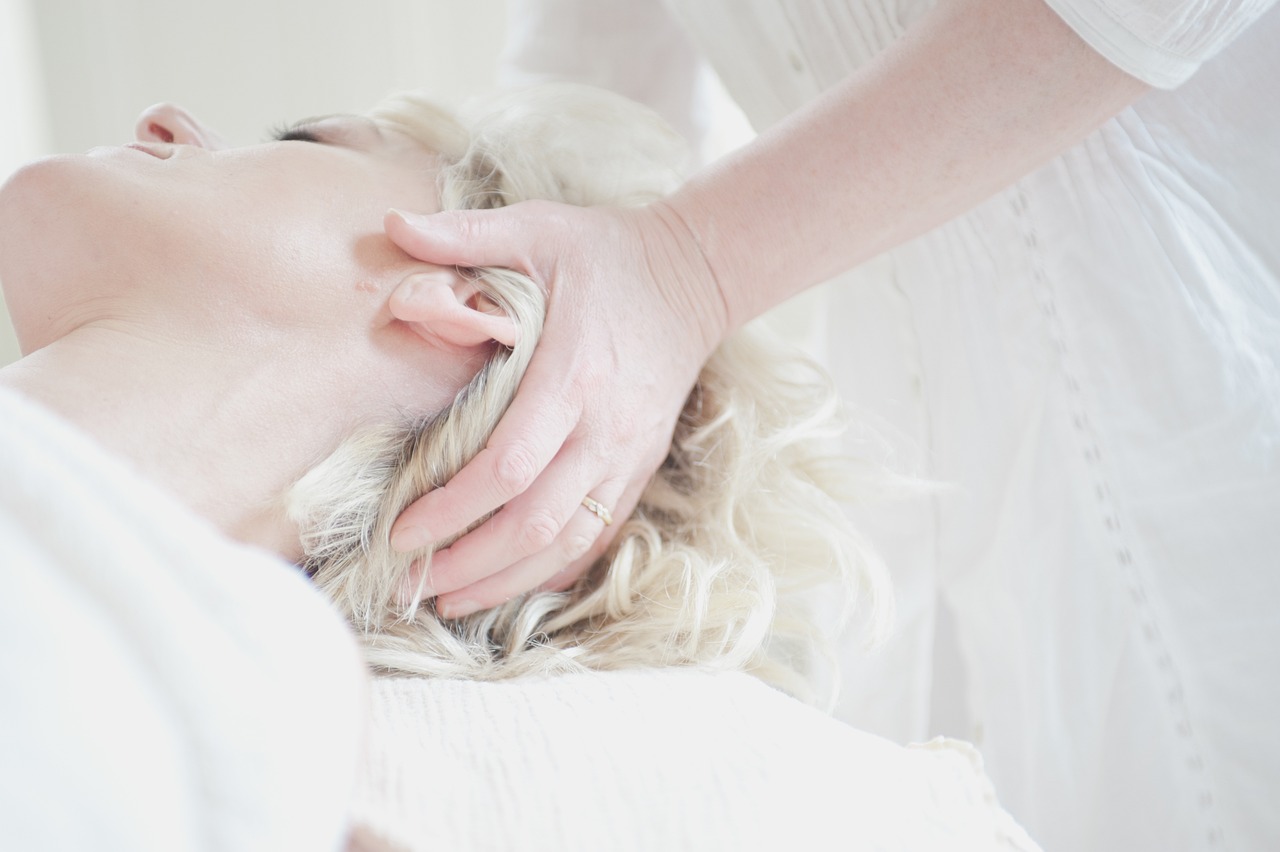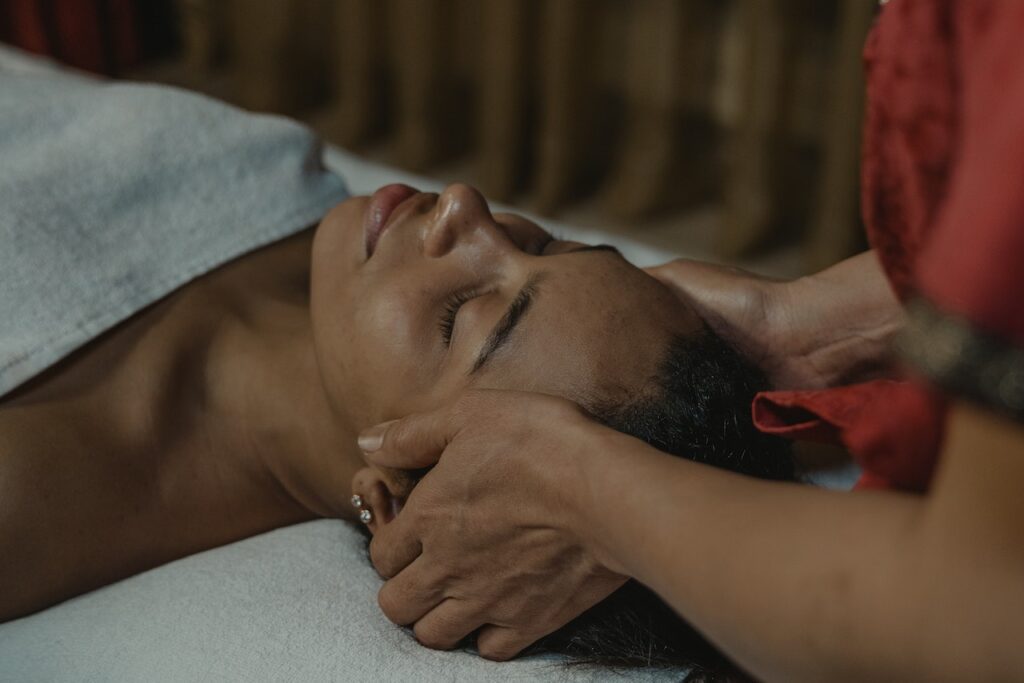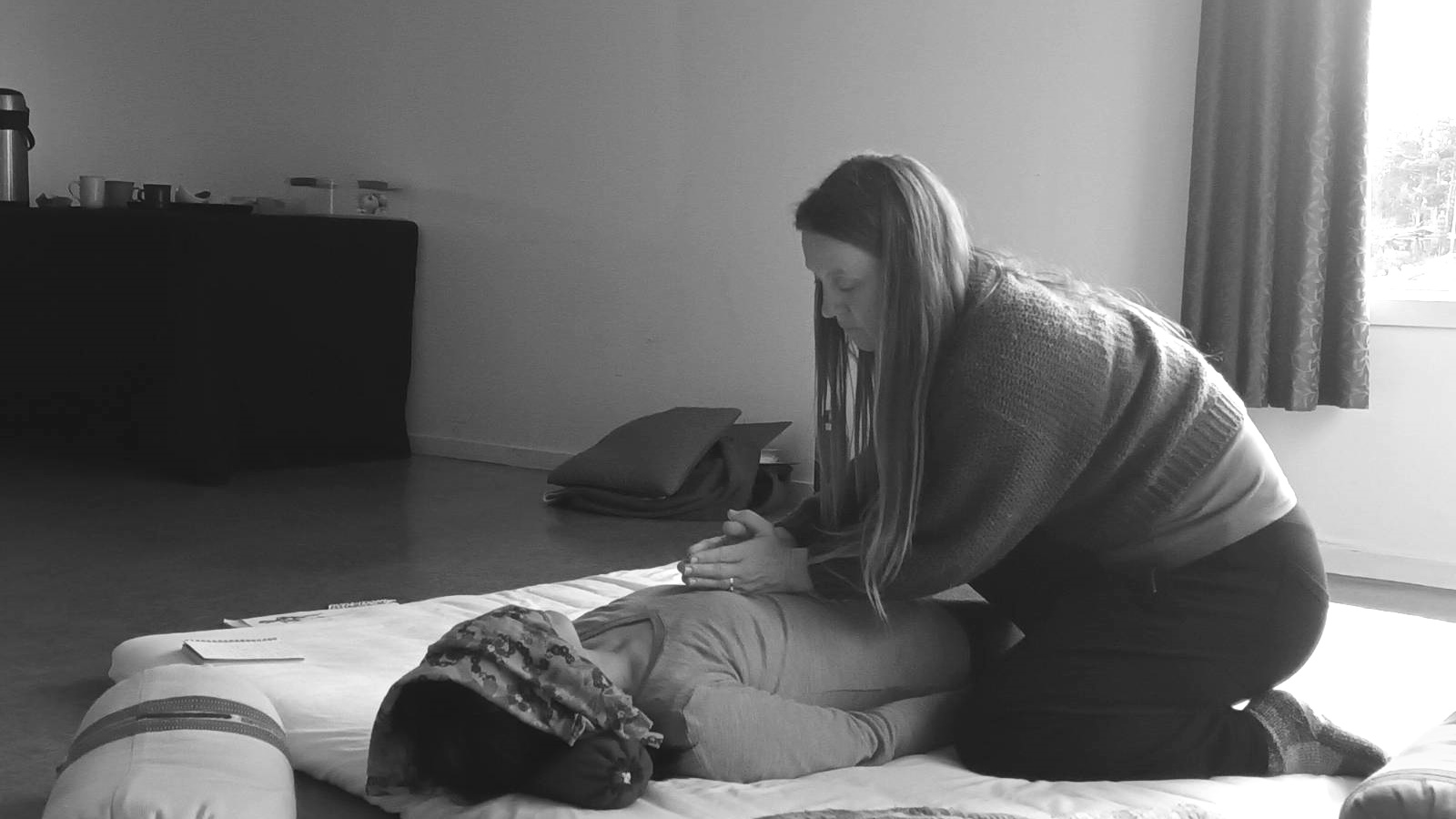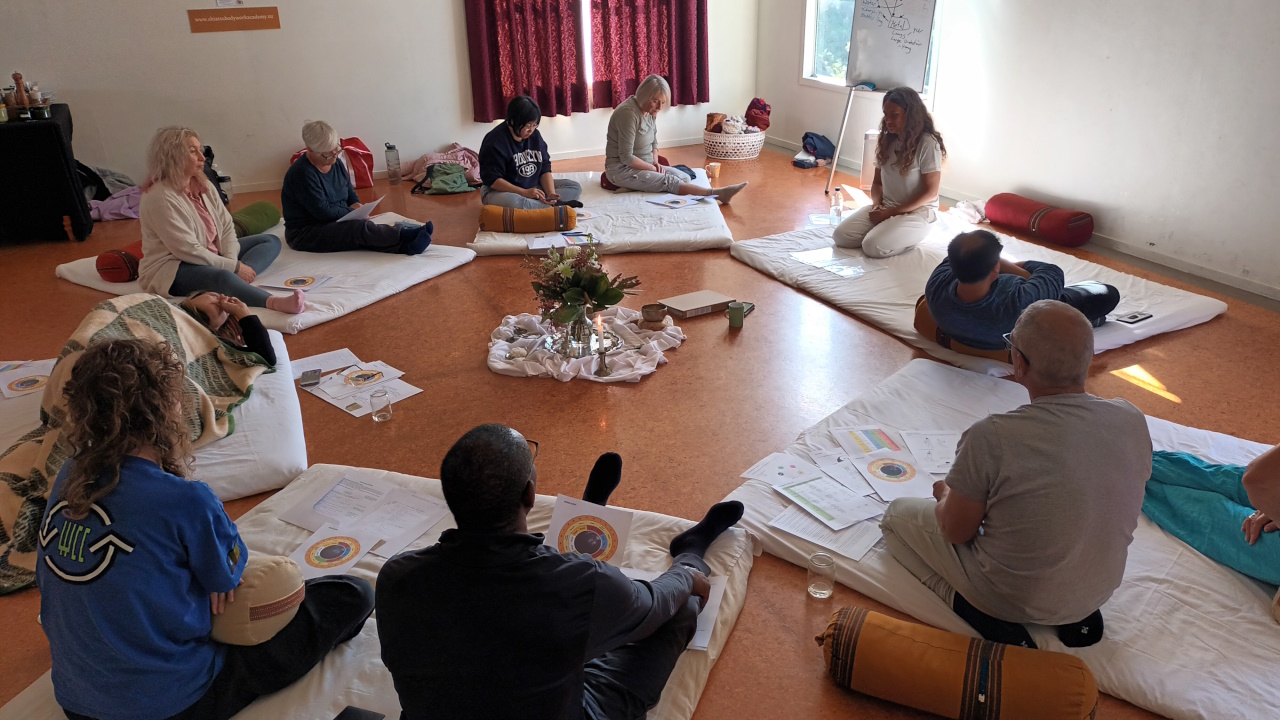Massage therapy has been used for thousands of years as a way to promote relaxation, reduce stress, and improve overall well-being. In recent decades, extensive research has confirmed that massage offers significant mental health benefits that make it an important part of a holistic approach to mental healthcare. This article explores the ways massage enhances mental health and provides practical guidance for integrating massage into a self-care routine.
How Massage Therapy Benefits Mental Health
Massage therapy works to benefit mental and physical health in several key ways:
Reduces Stress and Anxiety
Massage promotes deep relaxation, both physically and mentally. The soothing touch helps lower stress hormone levels like cortisol while increasing the production of feel-good neurotransmitters like serotonin and dopamine. Numerous studies confirm massage significantly reduces symptoms of anxiety.
Eases Depression
Human touch releases oxytocin, a hormone that enhances mood and counteracts depressed feelings. Massage also helps reduce inflammation linked to depression. Research indicates massage therapy decreases depressive symptoms and improves overall mood.
Improves Sleep
The relaxation induced by massage encourages better sleep. Massage increases delta wave activity associated with deep sleep. Improved sleep further elevates mood and energy levels.
Boosts Immunity
Massage increases circulation, improves lymphatic drainage, and raises white blood cell counts. The immune system’s strengthening effects help the body resist stress and illness.
Enhances Mind-Body Connection
Massage integrates the mind and body, encouraging emotional awareness and relaxation. Being fully present during massage sessions increases mindfulness and body awareness.
Provides Pain Relief
Massage relieves muscle pain and tension. Reduced pain levels enhance comfort and the ability to relax. The pain relief effects continue between massage sessions.
Increases Energy and Focus
Massage gets oxygen and nutrients flowing to provide an energizing effect. Massage also clears the mind and enhances concentration and focus.
Massage Techniques That Target Mental Health
While all forms of massage therapy promote relaxation and stress reduction, some types of massage specifically target mental well-being concerns:
- Swedish Massage uses long strokes, kneading, and friction to induce a calm, soothing state.
- Aromatherapy Massage utilizes essential oils chosen for their calming or uplifting properties.
- Shiatsu Massage applies rhythmic pressure along meridian lines to relieve anxiety and depression.
- Reflexology stimulates reflex points on the feet corresponding to areas of the body to improve mood.
- Craniosacral Therapy gently manipulates the head to relieve stress and trauma.
- Myofascial Release relaxes connective tissue to reduce pain and tension.
Experimenting with different modalities can reveal which massage approaches are most effective for your individual mental health needs.
Best Practices for Using Massage to Aid Mental Health
To fully realize the health benefits of massage therapy:
- Schedule regular sessions – The positive effects accumulate over a series of massages. Most people notice a difference after 5-8 sessions.
- Combine massage with therapy – Discuss your mental health goals with both your massage therapist and mental health professional for comprehensive care.
- Create a relaxing space – Enhance relaxation by diffusing calming essential oils before your session. Let your therapist know your preferences.
- Communicate with your therapist – Tell them your problem areas and mental health goals so they can customize the massage.
- Mindfully focus on the sensations – Tuning into the massage experience will improve your body awareness and relaxation.
- Journal after your session – Note any insights, emotions, or improvements you notice following the massage.
- Adopt healthy habits – Diet, exercise, sleep and stress management maximize massage’s positive effects.
- Consider self-massage – Gentle stretching, yoga, foam rolling, and using massage tools at home provide ongoing benefits between professional sessions.
Shiatsu Massage: A Specialty in Holistic Mental Health
Originating in Japan, Shiatsu massage is a unique discipline specifically focused on connecting the mind and body to enhance mental well-being. Shiatsu means “finger pressure” in Japanese.
In Shiatsu practice, the therapist applies rhythmic pressure along the body’s meridian lines to balance the flow of energy or “Qi” (pronounced Chee). Opening these energy pathways relieves tension and allows the body to heal and regulate itself naturally.
Unlike Western massage techniques, the client remains fully clothed for a Shiatsu session. The therapist uses points, comfortable stretches and gentle rocking motions carefully adapted to the individual’s needs. Sessions are performed on floor mats instead of massage tables.
The holistic Shiatsu approach makes it an extremely effective massage therapy for improving mental health:
- Whole body approach – The full-body meridian work releases tension and stress throughout the system.
- Deep relaxation – The comfortable, nurturing strokes promote deep calm and mental quiet.
- Mental clarity – Opening the meridian system is said to clear stagnant psychic energy and promote emotional balance.
- Strengthens body-mind connection – Shiatsu helps integrate physical and emotional awareness to enhance mindfulness.
- Can address specific conditions – Shiatsu is beneficial for stress, insomnia, trauma, and mood disorders.
Regular Shiatsu sessions offer profound stress relief and heightened mind-body awareness. The therapy serves as a powerful standalone mental well-being support or complement to other treatments.

Shiatsu used to treat the neck in a supported seated position
Frequently Asked Questions About Massage for Mental Health
Massage therapy offers many promising mental health benefits, but also raises common questions for those considering incorporating it into their wellness routine. Here are answers to some frequently asked questions:
How often should you get a massage for mental health?
Most experts recommend 1-2 therapeutic massages per month for optimal mental health benefits. Those with specific concerns like anxiety, depression or insomnia may need weekly sessions initially.
Are the mental health benefits of massage therapy long-lasting?
Yes, massage produces cumulative and sustained mental health improvements. Regular massage strengthens the body’s ability to relax and manage stress. The benefits extend well beyond the session.
Can massage therapy replace medication or therapy for mental health treatment?
Massage is an excellent complement to traditional treatments like psychotherapy and medication management. However, massage is not a substitute for necessary medications or clinical therapy.
What type of professional provides therapeutic massage?
Look for a licensed massage therapist (LMT) with additional certification in modalities that target mental health. Some clinical therapists incorporate massage skills as well.
How can you make the most of your therapeutic massage sessions?
Being well hydrated, avoiding heavy meals beforehand, communicating your needs, and focusing mindfully during the massage will all maximize your mental health benefits.
How do you find a qualified massage therapist specializing in mental health support?
Ask your mental health professional for referrals. You can also search online for terms like “therapeutic massage” or “anxiety massage” and read reviews.
Therapeutic massage offers a holistic, integrative approach to support mental and physical health and well-being. Experts recommend massage as an impactful part of self-care. Using the guidance in this article, you can incorporate massage therapy and enhance your whole health.





